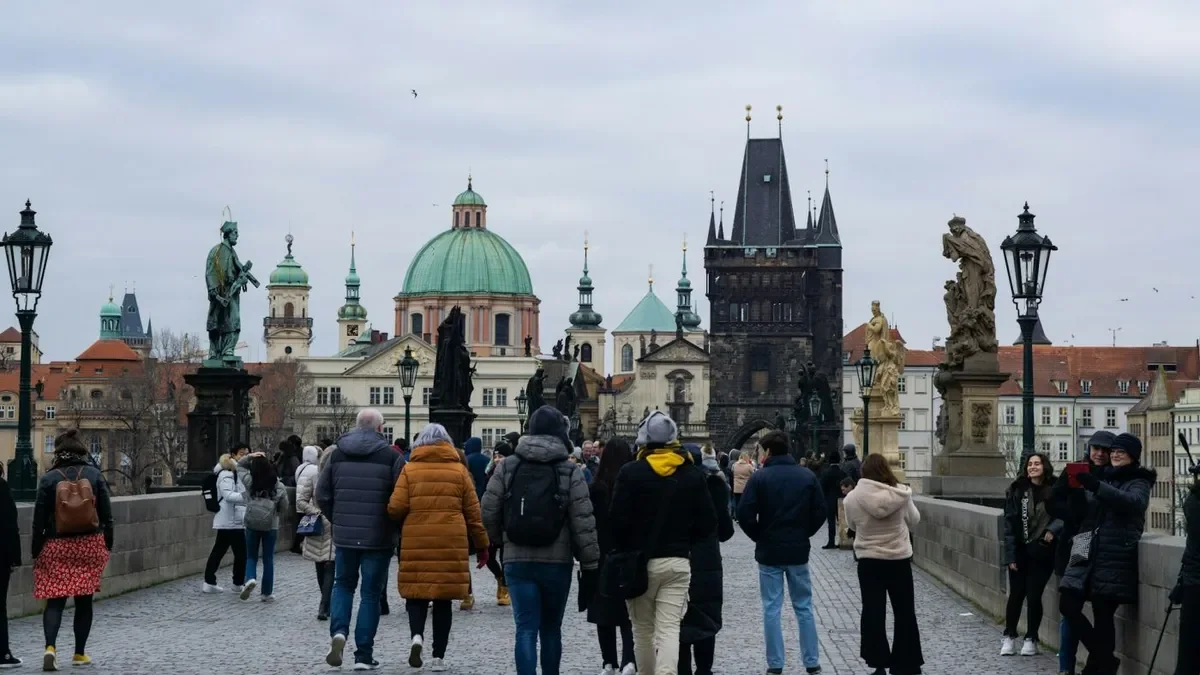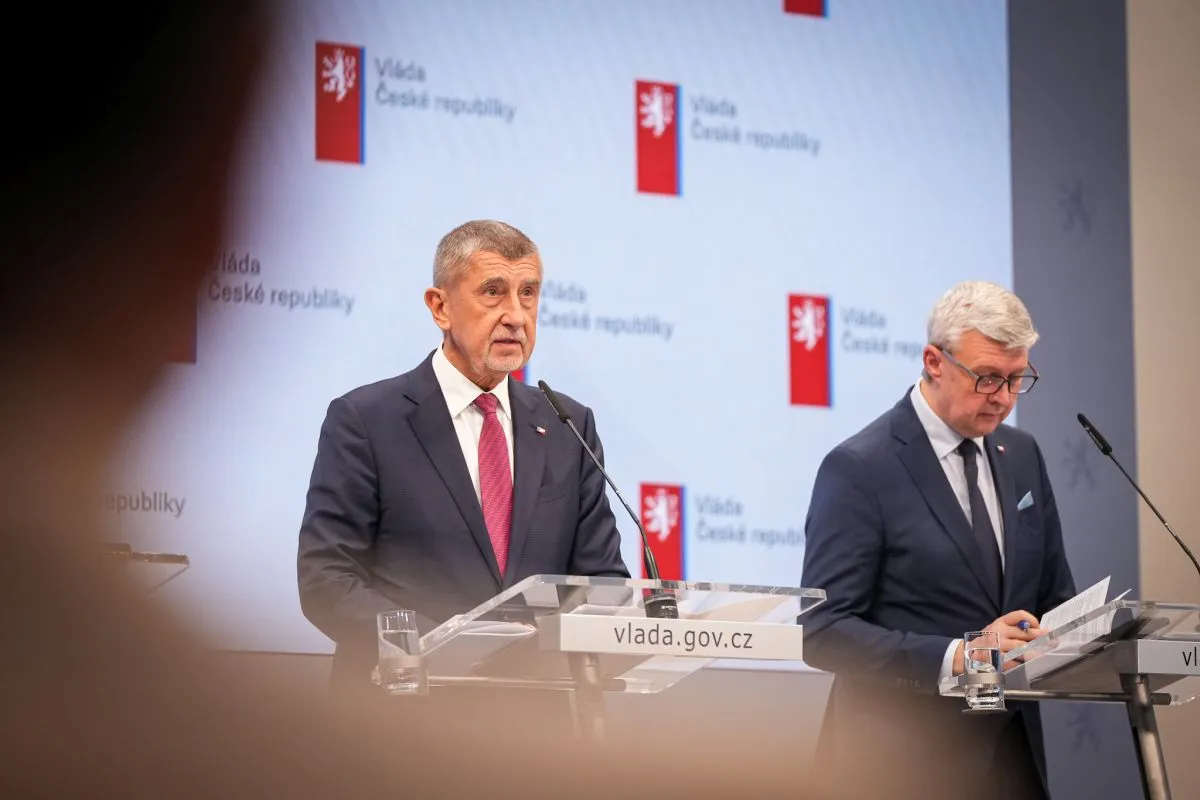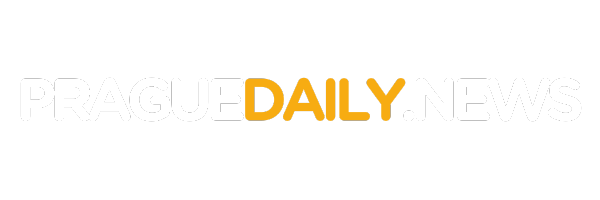
Prague 1 Plans to Increase the Local Tourist Tax
The average tourist tax in other EU cities is around 7 euros per night
The City Council of Prague 1 has initiated negotiations with the City of Prague and other authorities to increase the local tourist tax. The current maximum rate of CZK 50 per person, per night, has long been considered insufficient and does not align with the standards of other European metropolises.
According to data from the Finance Committee, in cooperation with the municipal company Prague City Tourism a.s., the average tourist tax in other EU cities is around 7 euros per night—more than three times the current maximum rate in Prague. The proposed increase aims not only to bring Prague in line with European standards but also to improve the efficiency of managing this fee, which represents an important revenue source for the city.
“This fee helps cover the costs associated with tourism. Tourists generate waste, use public transport, and place various demands on the city’s budget. The proposed increase will provide financial benefits to both Prague and the district without burdening the city’s residents. Additional revenue could be used to improve cleanliness and maintenance, for example,” explained Giancarlo Lamberti, chairman of the Finance Committee and author of the proposal.
“The current rate does not reflect the average charged in other European cities. This tax is part of our revenue stream, and with increasing pressure on our budget, we are forced to explore new sources of income. Our goal is to maintain a high standard of services for our residents while ensuring adequate investment in Prague 1,” added Deputy Mayor for Finance, Tomáš Heres.
Prague 1 has already begun discussions with other authorities, not only to raise the maximum rate but also to explore the possibility of varying the tax by neighborhood. This would allow the fee to be adjusted according to local conditions, while still adhering to the statutory maximum.
“Increasing the tourist tax is the right step to better manage the pressures of tourism. Especially now, when the city center is experiencing high visitor numbers, it’s important that tourists fairly contribute to the funding of public services,” said the Mayor of Prague 1, Terezie Radoměřská.
Councillor for Urban Development, Karel Grabein Procházka, added: “The tourist tax is vital for the development of our district. We expect that an increase will help us better regulate tourism and support local residents, ensuring that Prague 1 remains not only a popular tourist destination but also a place where people enjoy living.”
The City Council has instructed the Finance Committee, led by Giancarlo Lamberti, to finalize negotiations with the City of Prague and other institutions by the end of March 2025.
More from Featured


Political Restart in the Czech Republic: New Government Adopts Policy Agenda

